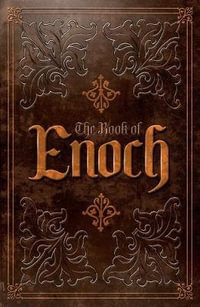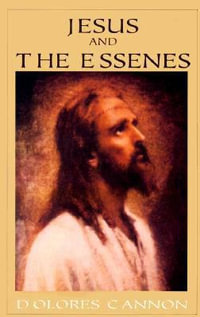About this Book:
Gail R. O'Day's Revelation in the Fourth Gospel set the stage for a new literary paradigm in Johannine studies, which has carried over into disciplinary advances in gospel criticism overall. With the addition of eight key Johannine essays and a state-of-the-art introduction by Alan Culpepper, this new publication as Volume 9 in the Johannine Monograph Series advances a fuller appreciation of her important work on John and new-literary biblical analyses overall. From the Preface:
What becomes apparent in an overview of Gail O'Day's work is her keen analysis of relations and functions of literary themes and features within the Gospel of John, as they further its rhetorical thrust, elucidating its meaning. Whereas diachronic approaches to John have tended to compartmentalize and divide sections and literary forms, O'Day shows time and again how things worked synchronically within John's story of Jesus, challenging misinterpretations and opening doors to understanding more fully its message. The present collection highlights the dialectics between narrative and theology, time and space, and characters and plot in the Fourth Gospel, clarifying their tensive presentations within this classic narrative.
Industry Reviews
Critical Acclaim for this Book:
Gail O’Day’s work represents the turn to literary approaches to John and exhibits the fruitfulness of literary methods of study. Both historically minded and theologically rich, her scholarship should be required reading for the next generation of Johannine scholars. This collection puts the best of Gail’s work at our fingertips.
Susan E. Hylen
Associate Professor of New Testament, Emory University
In the trajectory of Johannine Studies since the mid-1970s, Gail O’Day played a key role. Hers was a leading voice in bringing together biblical criticism and literary criticism in the field of studies. This angle of vision she brought to bear, in highly creative and sophisticated fashion, on the interpretation of the Gospel of John. Again and again, throughout her work, she showed the fusion at work between theological discourse and rhetorical expression in the fabric of the Gospel as well as the need to pay close attention to such fusion in its interpretation. This collection of her publications renders her work the recognition and gratitude that she so richly deserves.
Fernando F. Segovia
Oberlin Graduate Professor of New Testament and Early Christianity, The Vanderbilt Divinity School, Graduate Department of Religion, and Center for Latin American Studies


















![Mere Christianity [Gift Edition] - C. S. Lewis](https://www.booktopia.com.au/covers/200/9780008254599/null/mere-christianity-gift-edition-.jpg)





